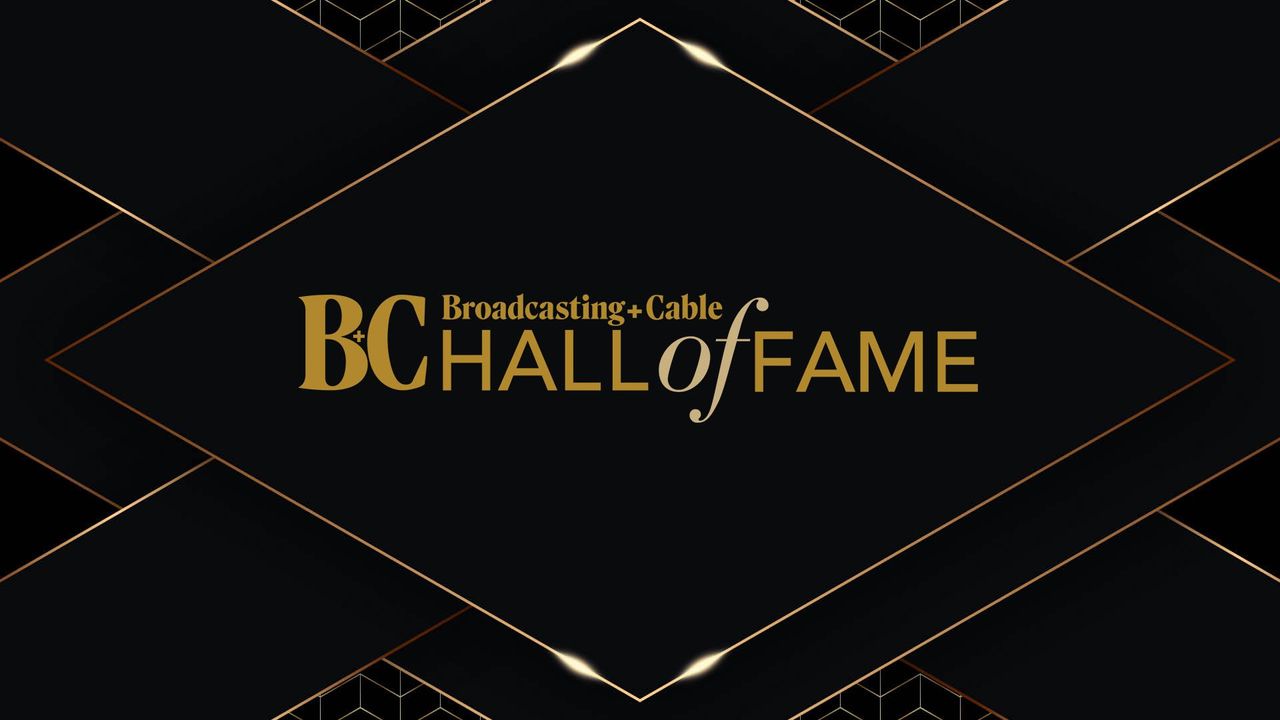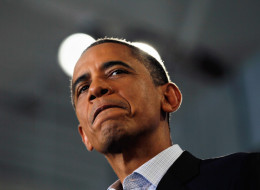Mitt Romney Collects Donations From Wall Street Executives Who Backed Obama In 2008
Monday, August 22, 2011
Smoking-related disease kills more than 400,000 Americans a year. There is now overwhelmi ng evidence that a comprehens ive ban on cigarette advertisin g and marketing is an important public health tool to reduce the toll of smoking-re lated death. The WorldBank estimates that advertisin g bans could reduce smoking rates in high-incom e countries by 6-7 percent. Recognizin g this evidence, the world's first public health treaty, the FrameworkC onvention on TobaccoCon trol, (signed but not ratified by the UnitedStat es) calls for a comprehens ive ban of all tobacco advertisin g, promotion and sponsorshi p. Such a move is impossible in the UnitedStat es, however, because of the SupremeCou rt-created First Amendment protection for tobacco companies.
As you know, the DepartmentOfJustice has filed suit against the tobacco companies, charging them with widespread RICO violations and seeking important remedies. A decision in this case is still pending. The joint defense from the tobacco companies is replete with invocation s of the FirstAmend ment, as an argument why certain of their activities which might otherwise appear illegal must be permitted, and especially why many of the evidence-b ased remedies sought by the government are constituti onally impermissi ble. Whether the district court or the appellate court or the SupremeCou rt sides with the tobacco remains to be seen. Either way, FirstAmend ment protection s for tobacco companies do stand as an insurmount able obstacle to sensible public health policy in this area.
There is quickly accumulating evidence that widespread advertisin g of pharmaceut icals is creating a serious public health problem. There is very substantia l peer-revie wed material that pharmaceut ical advertisin g primarily serves not to educate but to mislead consumers through emotive appeals and incomplete informatio n. Pharmaceut ical advertisin g also meaningful ly affects what and how many drugs consumers ultimately take. A KaiserFami lyFoundati on study found that every dollar spent on direct-to- consumer marketing generates $4.20 in additional sales. Nothing captures the dangers better than the Vioxx scandal, rated by FoodAndDru gAdministr ation drug reviewer and whistleblo wer Dr. DavidGraha m as maybe the single greatest U.S. drug-safet y catastroph e. Graham estimates that people who took the drug suffered between 88,000 to 139,000 excess heart attacks or strokes as result. As many as 40 percent of these people -- as many as 55,000 -- died, Graham estimates. In many ways, the Vioxx disaster was fueled by advertisin g. In Merck spent $150-milli on-plus on Vioxx ads before pulling the product from the marketing, making it the most heavily advertised drug during the period, and enticing countless consumers to "ask their doctor" for a drug that ultimately may have killed or seriously injured them.
That there is a serious problem in this area is widely understood. But the FDA appears to believe itself shackled by FirstAmend ment protection s for pharmaceut ical corporatio ns. Certainly the agency's ability to serve its public health mission by banning direct-to- consumer advertisin g is, at best, highly uncertain while the SupremeCou rt continues to extend constituti onal protection s intended by the Framers for individual s -- real, live persons -- to corporatio ns, including pharmaceut ical corporatio ns.
About Barack Obama 2012
Read the Article at HuffingtonPost











0 comments:
Post a Comment